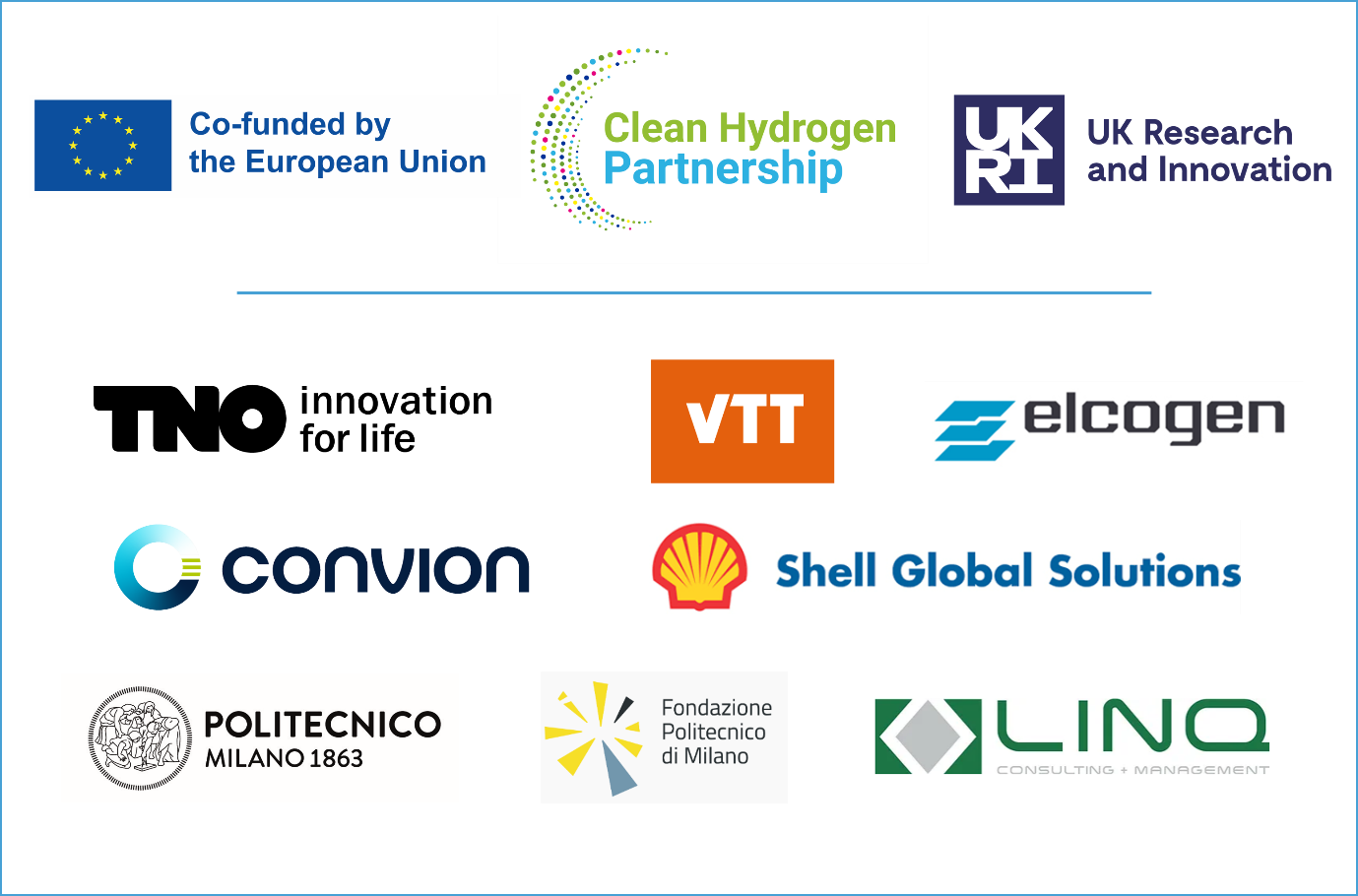
The EU-funded OUTFOX project focusses on the use of solid-oxide electrolysis to scale-up the production of green hydrogen while reducing costs, thus allowing for greater use of renewable electricity and helping to enable the energy transition.
In February 2023, the OUTFOX project was launched by an international consortium of eight partners, including key stakeholders and leading research groups. This new Clean Hydrogen Partnership project aims to make important contributions to the challenges posed at the scientific and industrial levels by the energy transition. It focuses on the development, scale-up, and demonstration of solid-oxide electrolysis modules that lower the cost of green hydrogen production while using less materials to increase overall sustainability.
The challenges of the energy transition
The energy transition encompasses the global change from the use of fossil fuels as the primary energy source to the use of renewable energy sources, such as wind, solar, and sustainable biomass. To enable this transition, technologies that utilize electricity directly or can convert the electricity into other fuels that can be more easily stored and transported are essential. Within this, various types of electrolyzers, which combine renewable electricity with water to produce “green” hydrogen, have been the focus of much research and development efforts. The OUTFOX project focusses on the development of new solid-oxide electrolysis technology that will allow for large scale manufacturing of electrolyzers that operate with high efficiency, while optimizing the system designs and preparing for large scale, 100+ MW demonstration. Another objective of the project is to bring more attention solid-oxide electrolysis by increasing industry’s knowledge and awareness of its key benefits and potential.
According to the main project aim formulated by the project consortium, “OUTFOX will remove scale as a limiting factor in the deployment of solid-oxide electrolysis technologies while proving their potential to become the preferred option for green hydrogen production. By combining experimental results up to 80 kW scales with identification of optimal cell and system designs, OUTFOX will prepare solid-oxide electrolysis for industrial scale systems of 100+ MW with a hydrogen production cost as low as €2.7/kg H2 and applicability to mass manufacturing lines.”
New technologies and systems
OUTFOX aims, more specifically, to advance larger, thinner cell designs that use less material per cm2 and result in higher overall cost effectiveness. The new cells will be integrated into optimized stack and module designs to be assembled into 80 kW pilot-scale modules. The pilot modules will allow for the evaluation of the long-term performance, stability, and energy efficiency of the newly developed cells. The results will validate the techno-economic and environmental assessments while proving the potential of the solid-oxide electrolysis technology next to other electrolysis systems on the market today.
Next to this, OUTFOX will develop next-generation cells with up to 900 cm2 cell area, achieving a 6-fold increase in the maximum feasible cell size. These cells will be key enablers of the very large-scale green hydrogen production that will be demanded by industry as the energy transition progresses.
All of the OUTFOX results will be disseminated to key stakeholders from relevant industrial sectors, policymakers, and the scientific community. Webinars and online media channels will be used to connect with broad audiences and generate attention for these important innovations.
The OUTFOX consortium
OUTFOX has been financed under the Clean Hydrogen Partnership and UK Research & Innovation with over €3 million in funding over four years. This is part of the Horizon Europe program and is co-funded by the European Union.
Project Coordinator, Cahit Benel (TNO, Netherlands) will oversee the work of the eight partners from countries across Europe, including Finland, the Netherlands, Estonia, Italy, and the United Kingdom. The partners represent different sectors, with three public research institutes (TNO, VTT, and Politecnico di Milano), one large enterprise (Shell Global Solutions International), and four small-to-medium enterprises (Elcogen AS, Elcogen OY, Convion, and Linq Consulting & Management).
Be sure to follow the project on LinkedIn and Twitter to stay up to date on all the latest project developments and research results.
